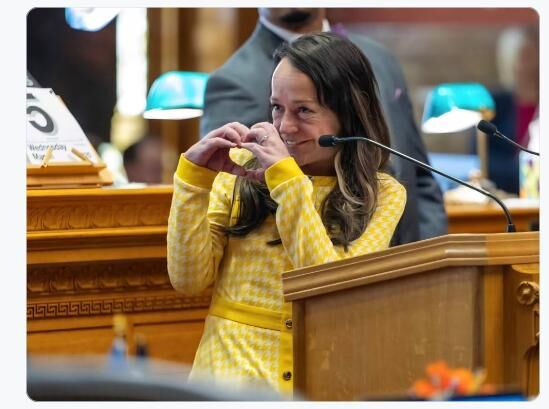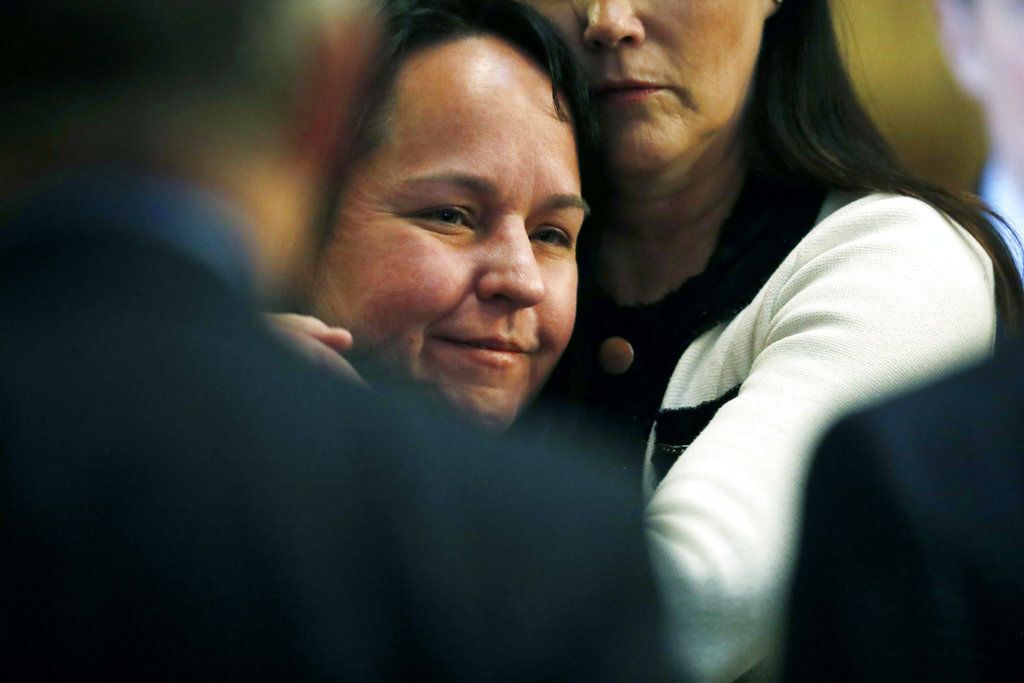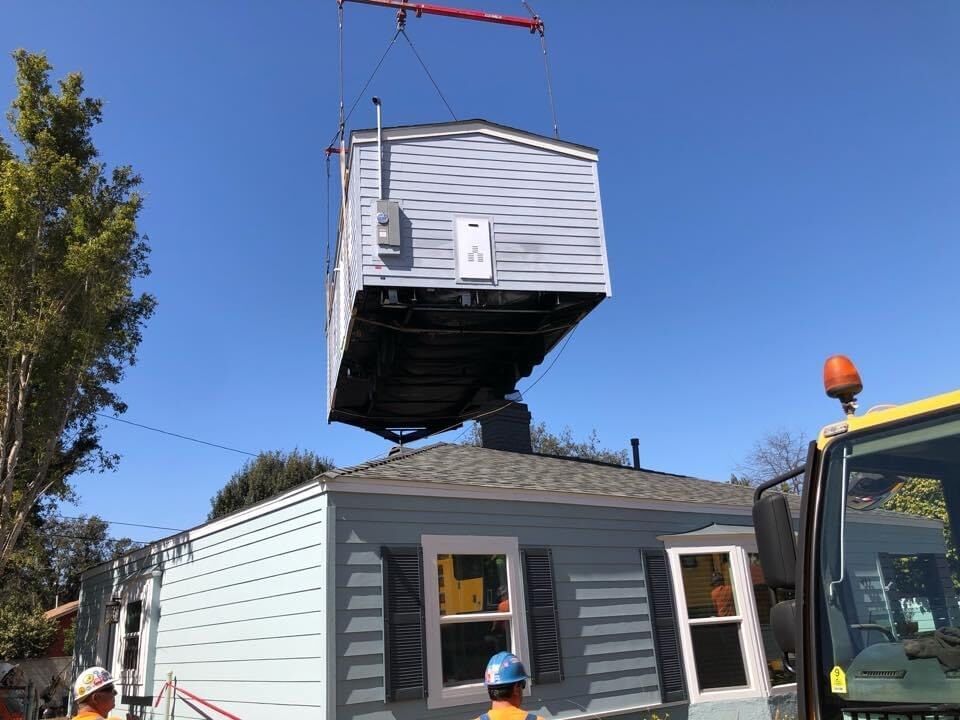Need to catch up on Colorado’s special session? Here’s what happened this weekend

Colorado legislators worked over the weekend to debate wolf funding, money for health insurance and inoculating Planned Parenthood — at least at the state level — from looming Medicaid cuts.
Here’s what you need to know.
Wolf funding
One key question for legislators is whether to allow the use of any state dollars — regardless of the source — to pay for bringing in more wolves to Colorado in this fiscal year. They ended up prohibiting the use of general dollars, but still permitting donations to pay for the program.
Free meals
Lawmakers approved a change to a ballot measure dealing with revenue retention tied to the state’s free meals program for K-12 students. There are two ballot measures facing voters about the program in November — the bill approved on Sunday changes the ballot measure to allow some of the taxes going to the program to cover food stamps, as the Supplemental Nutrition Assistance Program faces cuts as a result of, among other federal changes, work requirements.
Governor’s authority
The House also gave final approval to Senate Bill 1, which modifies the governor’s authority in dealing with a revenue shortfall. The governor still can create a spending reduction plan, but SB 1 requires him to make a presentation on that plan to the Joint Budget Committee before it can go into effect. The Joint Budget Committee and Gov. Jared Polis are scheduled to meet on Thursday to go over the governor’s spending reduction plans.
Planned Parenthood
The House advanced a bill cover reimbursements to Planned Parenthood that Medicaid would no longer pay for as a result of H.R. 1. The measure won a party-line 43-19 vote and now heads to the governor for signing.
Health insurance
A Senate committee heard a proposal to take $100 million from the state’s unclaimed property tax fund to cover subsidies for health insurance premiums. But that plan has now gone by the wayside. Instead of tapping the unclaimed property tax fund, the bill, as amended by the Senate Finance Committee, now relies on tax credits to raise the money. Legislators anticipate that corporations and insurance companies that want to prepay their tax liabilities would take advantage of the credits, as they would reduce that liability. As envisioned, should that tax credit sale fail to raise the entire $100 million, general fund dollars would make up the rest.












